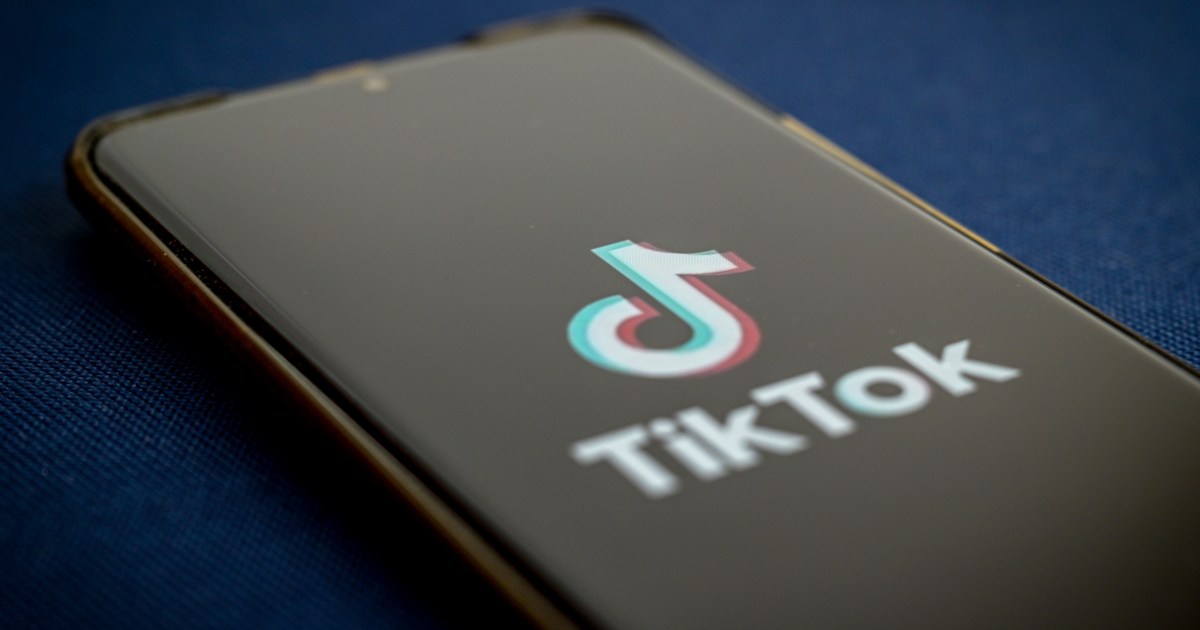Trump’s TikTok Extension: The New Contenders for Ownership
As the digital landscape continuously evolves, the recent decision by former President Donald Trump to extend his TikTok deal has reignited debates over the popular social media platform’s future. This extension has not only sparked interest among users but has also attracted a fresh wave of potential buyers in the U.S. market. With TikTok’s immense popularity and user base, the question of who will ultimately gain ownership becomes paramount. In this article, we will delve into the new contenders for TikTok’s ownership, their motivations, and what this means for the platform’s future.
The Background of TikTok’s Ownership Controversy
To understand the current landscape, it’s essential to revisit the history of TikTok’s ownership issues. Originally launched by the Chinese company ByteDance in 2016, TikTok quickly gained traction worldwide, particularly among younger demographics. However, concerns about national security, data privacy, and the app’s ties to the Chinese government led to a tumultuous period in the U.S., where officials raised alarms over potential espionage and data breaches.
In 2020, the Trump administration attempted to force the sale of TikTok’s U.S. operations to an American company, citing these national security concerns. While negotiations with companies like Microsoft and Oracle took place, they ultimately fell through, and the app continued operating under its original ownership. Fast forward to 2023, and the extension of Trump’s involvement signals a new chapter in this ongoing saga.
Who Are the New Contenders for Ownership?
As the TikTok deal evolves, a variety of companies and investors are positioning themselves as potential buyers. Here’s a look at some of the new contenders emerging in the U.S. market:
- Oracle Corporation: Known for its robust cloud services, Oracle remains a strong contender. The company’s previous interest in acquiring TikTok has not waned, and with its focus on data security, it could align with the U.S. government’s concerns. Oracle’s backing could provide a level of reassurance to users worried about data privacy.
- Microsoft: Having previously been in talks to acquire TikTok, Microsoft has not entirely stepped back from the possibility. The tech giant’s interest could stem from its desire to expand its social media footprint and engage younger audiences, especially with its growing gaming community.
- Snap Inc.: As the parent company of Snapchat, Snap Inc. has been looking for ways to compete with TikTok’s rapid growth. Acquiring TikTok could provide Snap with a significant edge, allowing it to diversify its offerings and tap into a larger user base.
- Facebook (Meta Platforms, Inc.): While Facebook has faced its own challenges and scrutiny over privacy issues, the company’s resources and experience in social media could make it a formidable contender. Acquiring TikTok would not only eliminate a competitor but also enhance Facebook’s portfolio of platforms.
- Private Equity Firms: Various private equity firms are also eyeing TikTok as a lucrative investment opportunity. With the app’s valuation soaring, firms like Silver Lake and KKR could bring the capital needed to secure ownership and drive further growth.
What Motivates These Contenders?
The motivations behind these companies and investors vying for TikTok’s ownership are multifaceted:
- Expanding User Base: TikTok has amassed over a billion active users worldwide, making it a goldmine for any company looking to expand its reach. The app’s unique algorithm fosters high engagement rates, which is a significant draw for potential buyers.
- Revenue Opportunities: TikTok’s innovative advertising models and partnerships present substantial revenue opportunities. The platform has proven effective for brands looking to reach younger audiences, making it an attractive acquisition target.
- Data and Analytics: Ownership of TikTok would provide these companies with access to invaluable user data and insights. This information could enhance their existing services and help tailor future offerings to consumer preferences.
- Competitive Advantage: Acquiring TikTok would eliminate a major competitor in the social media landscape, allowing the acquirer to consolidate its market position and enhance its influence over digital advertising.
The Implications of a New Ownership
The implications of a new ownership structure for TikTok could be significant, both for the app itself and its user community:
- Changes in Content Moderation: Depending on who acquires TikTok, there could be shifts in how content is moderated on the platform. New ownership might introduce stricter guidelines or, conversely, a more lenient approach to content, affecting user experiences.
- Privacy and Security Enhancements: With U.S. ownership, users might see enhanced data privacy measures, which could help to alleviate concerns that have plagued the app since its inception.
- Potential for Innovation: New ownership could bring fresh ideas and innovations to the platform, enhancing user engagement through new features, partnerships, and creative tools.
- Regulatory Scrutiny: Regardless of who acquires TikTok, ongoing scrutiny from regulators is likely to continue. The implications of ownership will need to be managed carefully to avoid backlash or political challenges.
Conclusion: The Future of TikTok Ownership
As the digital realm continues to shift, the ramifications of Trump’s TikTok extension and the emergence of new contenders for ownership will play a crucial role in shaping the platform’s future. The interests vying for control reveal not only the app’s value but also the broader implications for social media in the U.S. market.
While it remains to be seen who will ultimately secure ownership, one thing is certain: TikTok’s journey is far from over. The evolving landscape presents both challenges and opportunities, and as potential buyers engage in negotiations, users will be watching closely, eager to see how the app adapts and grows in the face of new leadership. The future of TikTok holds promise, and with it, the potential to redefine social media engagement once more.
See more Future Tech Daily

